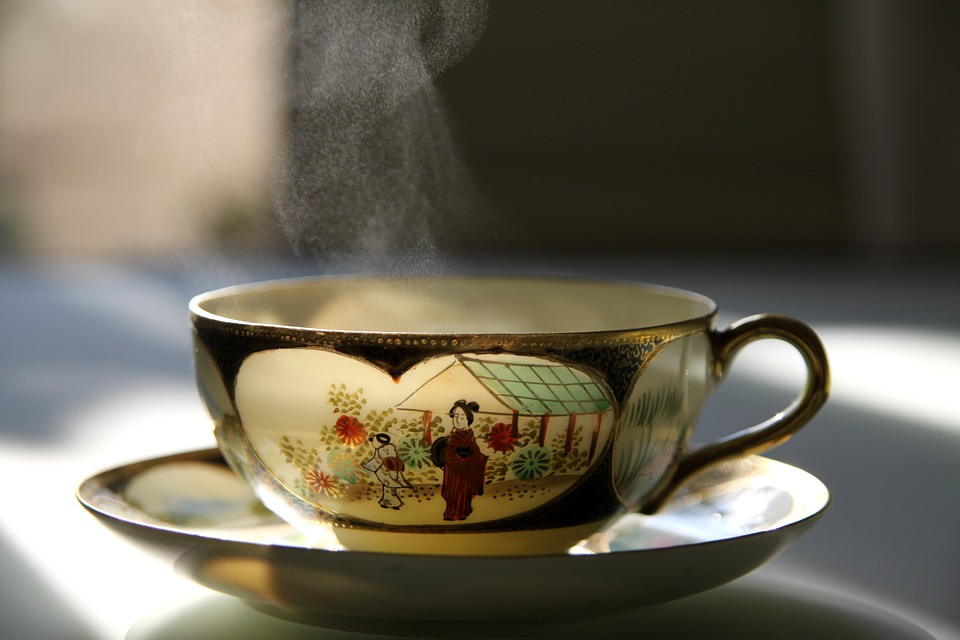
Matcha gives a calmer more focused energy then coffee or green tea. As matcha is a concentrated form of green tea, it has been long reputed by enthusiasts for centuries that matcha possesses stronger health benefits associated with green tea. Caffeine is more concentrated in matcha, which Japanese Zen monks have used to stimulate awakeness, but the main matcha constituent expected to have a stress-reducing effect is theanine. Theanine is the most abundant amino acid in green tea, and together with succinic acid, gallic acid and theogallin is what gives matcha its umami flavor. Compared to traditional green tea, the production of matcha requires the tea leaves to be protected from sunlight. Shading results in an increase in caffeine, total free amino acids, including theanine, but also reduces the accumulation of flavonoids (catechins) in leaves.
Theanine’s stress-reducing effects were tested at Japan’s University of Shizuoka, School of Pharmaceutical Sciences, where studies show that laboratory mice that consumed more than 33 mg/kg of matcha had significantly suppressed adrenal hypertrophy, a symptom that shows sensitivity to stress. The School of Pharmaceutical Sciences also tested the stress-reducing effects on university students and confirmed that students who ingested 3 grams of matcha in 500 ml of room-temperature water had reduced anxiety (state-trait anxiety inventory or STAI), than students who consumed placebo. Green tea leaves also contain the catechin, epigallocatechin gallate, an antioxidant found to be able to mildly prevent cancer, diseases, and aid in weight loss.





